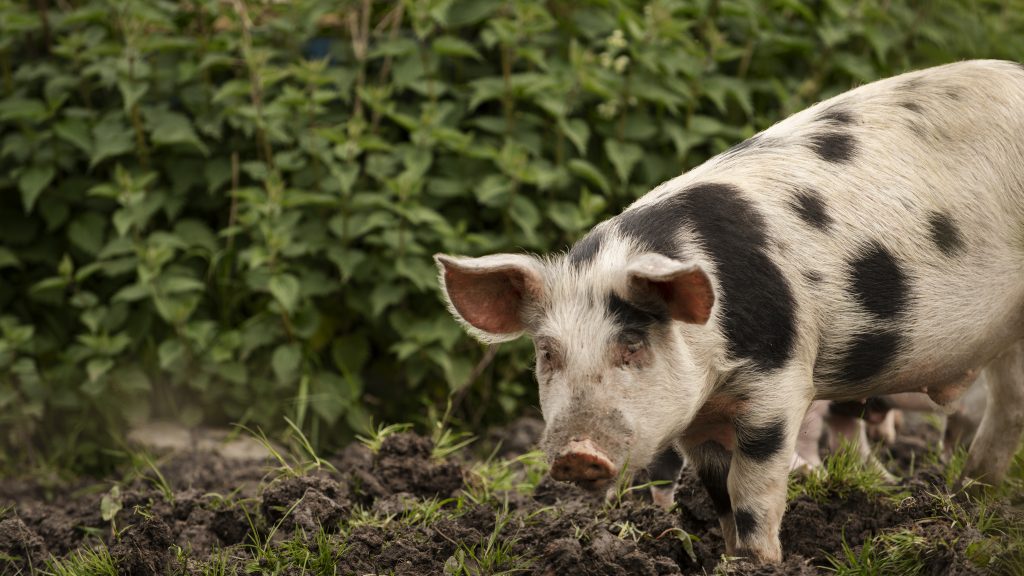
Farming
“Here at the Change Tomorrow farm our primary focus is our piggery.”
Why Pig Farming?
The demand for pork in Uganda has been steadily increasing due to population growth and changing dietary preferences. Pork is a popular meat choice, and this trend is expected to continue, providing a stable market for pig farmers.
Pigs are known for their rapid reproduction and growth rates. A single sow can produce multiple litters each year, increasing the potential for profit.
With proper management, pig farming can yield a high return on investment. Well-raised pigs can reach market weight in a relatively short time, allowing you to quickly turn a profit.
Besides selling pork, there are other potential income streams in pig farming, such as selling piglets, breeding services, and selling pig manure as fertilizer.
Our goal is to reach 60 breeding females providing an average of 100 pigs per month. This will then allow us to divert these profits into areas such as staff salaries, on-going food costs, utilities or equipment. We currently have 35 housing units, 35 breeding females and a total of 230 pigs on the farm at any given time.
Our farm’s objective is to create a successful sustainability model to ensure the longevity of our organisation as a whole. It is however important to strike a balance between the profitability of the farm and the social impact it creates. By carefully managing both entities, we can create a sustainable model that benefits the organisation, community, addresses social challenges, and aligns with our values and goals.
What are the benefits to this sustainability model?
The farm can provide a steady and reliable source of funding for the charity. Instead of relying solely on donations or grants, the charity can generate income through farming activities, ensuring financial stability.
The farm reduces the charity’s reliance on a single funding source, making it more resilient and better equipped to weather economic downturns or fluctuations in donor support.
By having a self-sustaining business model, the charity can gain financial independence. This means it has greater control over its operations and can pursue its mission with more autonomy.
The profits generated by the farm can be channeled directly into the charity’s other programs and initiatives, enabling us to expand our reach and increase our impact on the community.
By intertwining the success of the farm with the mission of the charity, both entities can work together for long-term sustainability and positive societal change.
Our farm plays a key role in the success of our charity and our projects and we welcome anyone who would like to donate today and get involved.
